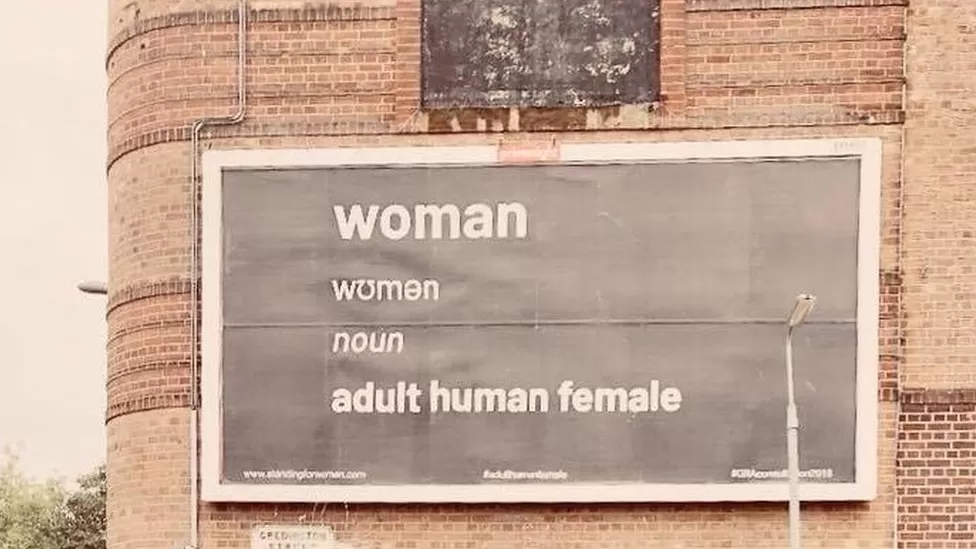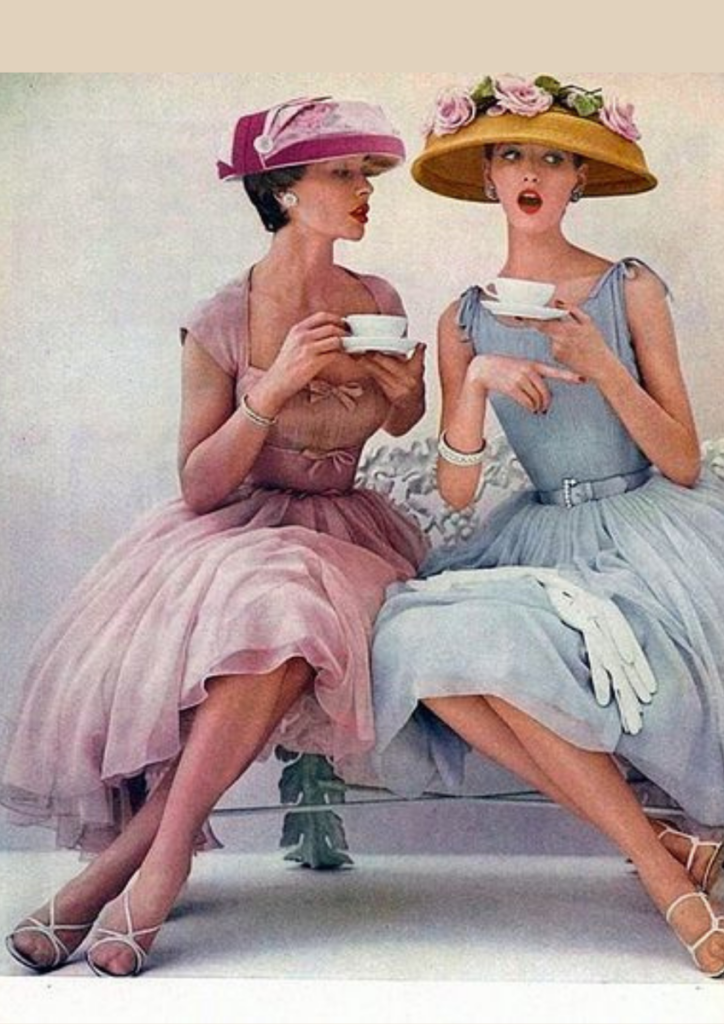Songs have been written about them for centuries and we thought we knew what, or rather who, they were. But a few years ago, mentioning the word women became taboo in some circles. Provoked by this, the women’s rights activist, who goes by the names of Kellie-Jay Keen and Posie Parker, commissioned a poster to put outside the 2018 Labour conference. It simply said. Woman = Adult Human Female. This caused such controversy among certain activists that is was taken down almost immediately. But it had served its purpose – it had got people talking, and many who hadn’t been aware of there being any issue about the noun started to ask questions.

Was the dictionary definition of woman as: adult human female / adult female human / adult female now a ‘transphobic dog whistle,’ as some political and lobby activists said? Or a straightforward description of 51% of the population, as the ‘non-aligned’ had previously thought? Why should women (straight or lesbian, black or white) be made to feel bad about describing themselves as such, when there seemed to be no such issues when talking about men? (Check out the revised NHS cancer awareness leaflets for ‘cervix havers,’ compared to prostate cancer awareness leaflets for men). Is all this, often vicious, disagreement an attempt to stamp out bigotry, or the latest manifestation of old-fashioned misogyny and lesphobia?
There have been few problems with using the word male either; but to say female? Again, accusations of bigotry have been made about the women (and men) who advocate, say, keeping women’s sport / prisons / toilets etc for those born female. Recently, in the new Statesman, the university professor (not of biology), Jaqueline Rose, countered a Richard Dawkins’s essay on the sex binary (male//female) by defining female as a made-up term from the eighteenth century, used to describe non-male slaves because the Western world didn’t want to acknowledge them as women.
Her dictionary defying assertion has been widely ridiculed. Especially as it was made in the same week that the leadership of the Labour party finally acknowledged that woman is not, in fact, a dirty word, and is indeed an ‘adult human female.’ Female members of the party who have for years been ostracised for saying this are not expecting to receive an apology, but are glad things may now be moving forward for women and girls.
But the word – woman – has an oddly un liberated etymology. I used to believe that both wo, and fe – meant from. Hence woman/female was from man – a reference to the biblical story that Eve was carved from Adam’s spare rib. And this was why the Women’s Liberationists of the 1970s named their pioneering magazine Spare Rib as an ironic finger to the unreconstructed men of their generation. The more accepted definition of woman, however, isn’t much more liberated. It comes from the Old English wif-man, meaning wife person.

While the noun, woman, in the late twentieth century was the go-to word for the female of our species, the word lady had become, by contrast, rather frowned upon. It had come to have connotations of expecting women and girls to behave in the gender stereotypical (i.e. ladylike) way, many were anxious to break away from. But lady’s etymology is more prestigious than being a wife-person. The lady of the house was, in Old English, the hlaf-dige – that is, the keeper of the loaves.
Links to my books and social media
You can find all my books and short stories on Amazon books, At least one story always free. ALL BOOKS FREE ON KINDLE UNLIMITED